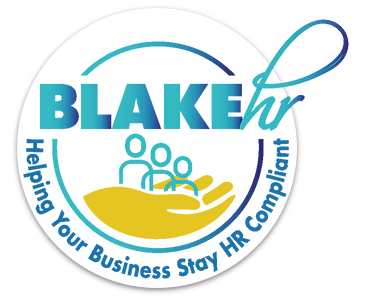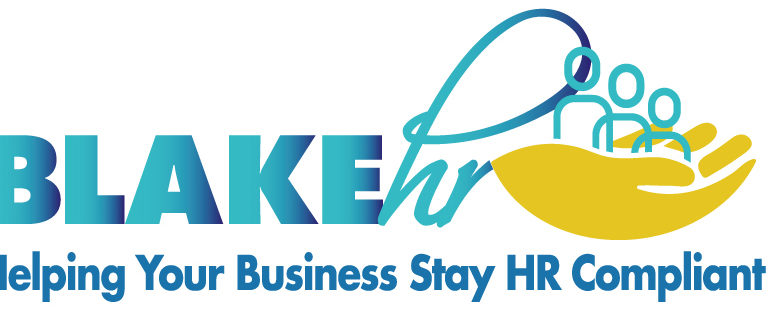Unleashing the Untapped Power of Employee Recognition
Recognition holds incredible power in the workplace, yet its full potential often remains untapped. Despite its importance, many companies either fail to implement it effectively or only use it sporadically. However, when employees feel genuinely valued and appreciated for their contributions, it significantly impacts their motivation, performance, and overall job satisfaction. Unfortunately, too many organisations limit recognition to occasional awards or forget about it altogether. As a result, they miss the chance to create a workplace where employees are engaged, committed, and eager to excel.
Why is Recognition So Important?

To begin with, recognition goes beyond simple gestures like an occasional “thank you” or “Employee of the Month” award. Instead, it’s about acknowledging the hard work, dedication, and achievements of your team consistently. When employees feel recognised, they are more motivated to do their best. Moreover, recognition boosts morale, encourages greater productivity, and fosters collaboration among team members. Ultimately, it creates a sense of belonging and makes employees feel connected to the company’s mission.
Despite these benefits, the power of recognition remains largely untapped in many workplaces. Often, this isn’t because employers don’t care. Rather, they may not fully realise how crucial regular recognition is, or they lack systems to implement it effectively. At this point, employee surveys and feedback become essential tools to help organisations bridge the gap and unlock the true potential of recognition.
The Role of Employee Surveys in Enhancing Recognition
First and foremost, employee surveys offer a direct line of communication between employees and management. They allow organisations to gather valuable insights about how their teams feel about various aspects of the workplace, including whether they feel recognised for their efforts. By regularly conducting surveys, companies can gain a better understanding of their employees’ needs and experiences. Furthermore, surveys can help identify if employees feel appreciated and which methods of recognition work best for them.
Including specific questions about recognition in these surveys is vital. For example:
- Do you feel your contributions are acknowledged?
- How often do you receive positive feedback from your manager or peers?
- What type of recognition do you find most motivating?
In this way, organisations can gather targeted feedback that allows them to identify gaps in their recognition efforts. Additionally, this information provides a clear roadmap for improving recognition programs, ensuring that employees feel valued in ways that resonate with them personally.
How Feedback Drives Recognition Improvements

Alongside structured surveys, informal feedback also plays a key role in enhancing recognition efforts. Not only does ongoing feedback allow managers to adjust their approach in real-time, but it also ensures that recognition remains meaningful and personalised. Moreover, when employees see that their feedback leads to tangible changes, it strengthens their trust in leadership and encourages further engagement.
It’s important to note that collecting feedback alone isn’t enough. Acting on this feedback is what unlocks the untapped potential of recognition. For instance, if employees share through feedback that they don’t feel appreciated, it’s crucial for leadership to respond. Perhaps they could introduce peer-recognition programs or provide managers with tools to offer more frequent praise. Not only would this improve employee satisfaction, but it would also demonstrate that management truly listens to their team’s needs.
Without feedback-driven adjustments, recognition risks becoming routine or even feeling inauthentic. However, by regularly listening to employees and adapting recognition efforts, companies can ensure that recognition remains impactful and aligned with the unique preferences of their workforce.
Building a Culture of Recognition
So, how can organisations fully tap into the power of recognition? It starts with embedding it into the company’s culture. In other words, recognition should not be an occasional event but an integral part of daily operations. By building a culture of recognition, businesses create an environment where appreciation becomes a natural and frequent occurrence.
To achieve this, leaders must take the first step by consistently acknowledging the contributions of their teams. But it’s equally important to encourage peer-to-peer recognition. After all, employees can offer valuable support and acknowledgment to each other. Encouraging this kind of recognition fosters a stronger, more connected team dynamic.
Additionally, while spontaneous recognition is essential, formal recognition programs should not be overlooked. These can include regular awards for outstanding performance, recognition of specific achievements, or even bonuses for going above and beyond. When formal programs are combined with day-to-day recognition efforts, the impact is significantly greater.
The Long-Term Benefits of Recognition

Over time, the benefits of recognition extend far beyond a simple morale boost. In fact, consistent recognition can have a lasting impact on employee retention. When employees feel valued, they are much more likely to remain loyal to the company, reducing turnover rates and saving costs associated with recruitment and training. Additionally, companies known for recognising their employees tend to attract top talent. A reputation for valuing employees can help companies build a stronger brand and stand out in a competitive job market.
Furthermore, recognition fosters innovation. Employees who feel secure and appreciated are more likely to contribute new ideas and take initiative. On the other hand, when recognition is scarce, employees may become disengaged and less willing to go the extra mile. Recognising employees for their creativity or problem-solving efforts motivates others to do the same, thereby encouraging innovation at all levels of the organisation.
Conclusion
In conclusion, the potential of recognition in the workplace remains largely untapped, but it doesn’t have to be. By integrating regular recognition into the company culture and using employee surveys and feedback to guide efforts, organisations can unlock the full power of recognition. Not only does this lead to happier and more motivated employees, but it also drives long-term success, innovation, and improved employee retention.
Clearly, now is the time to embrace the untapped potential of recognition and transform the way employees feel about their work.
Want to know more? I’ll post more on this topic soon, so look out for regular updates. You can also complete my contact us form or book a call now to find out how BlakeHR can help you to manage employee autonomy.


Ready to start recognising your team today and unlock their full potential? Take action now!
If this guide has inspired you to get started, what are you waiting for? And if it’s left you with more questions or you’d like some assistance getting started, get in touch. we’d be happy to help.
Give us a call on 07422 727229 or contact us using the form below - we will be happy to answer any questions.


